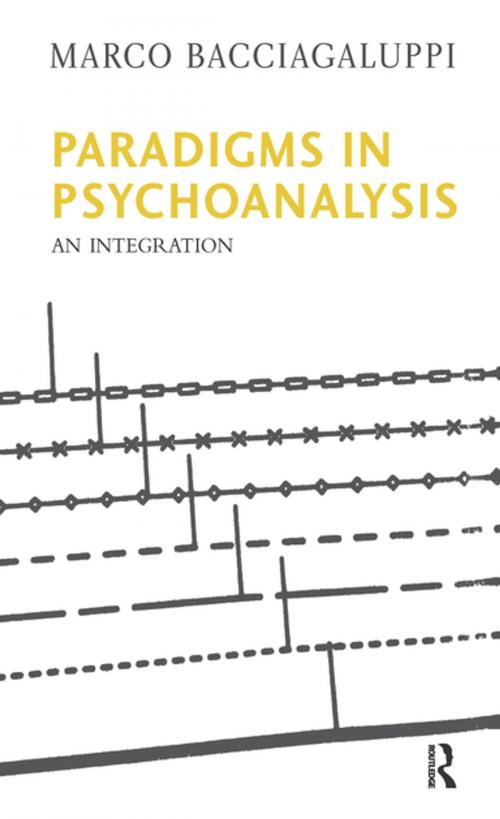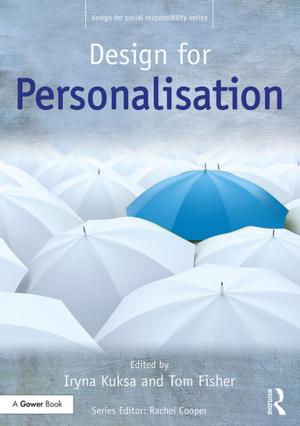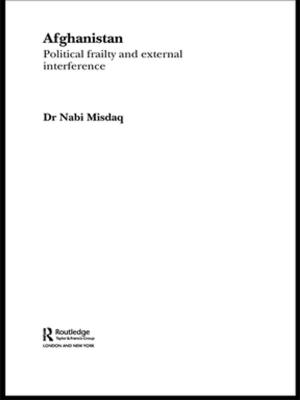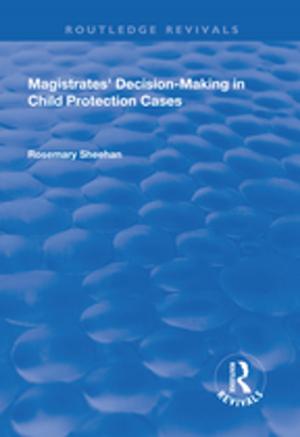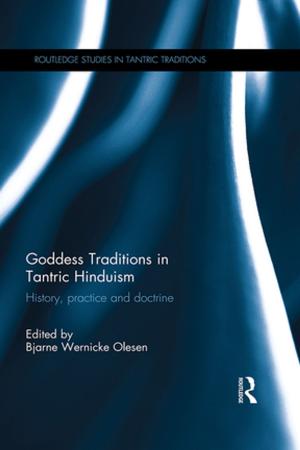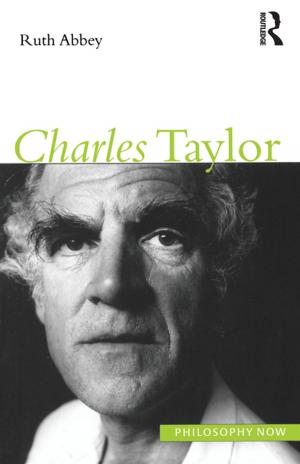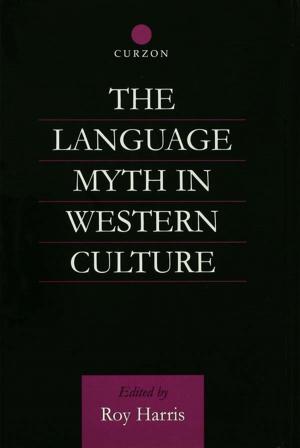Paradigms in Psychoanalysis
An Integration
Nonfiction, Health & Well Being, Psychology, Mental Health| Author: | Marco Bacciagaluppi | ISBN: | 9780429917141 |
| Publisher: | Taylor and Francis | Publication: | March 22, 2018 |
| Imprint: | Routledge | Language: | English |
| Author: | Marco Bacciagaluppi |
| ISBN: | 9780429917141 |
| Publisher: | Taylor and Francis |
| Publication: | March 22, 2018 |
| Imprint: | Routledge |
| Language: | English |
This book aims at making explicit the scientific theories, termed paradigms, that the author has found useful in psychoanalysis. It lists nine paradigms: genetics, neurobiology, attachment theory, infant research, trauma, their relational model, the family system, the socio-cultural level, and prehistory. These nine paradigms are presented in as many chapters. Special attention is devoted to attachment theory, which the author considers to be the most powerful conceptual tool at the disposal of the psychoanalyst. He also covers trauma, the relational model - with special reference to Ferenczi, Bowlby and Fromm. He explores the effect of cultural evolution, with the advent of agriculture, on family and character structures and the resulting discontinuity with the individual, or group's inborn needs, giving rise to an unnatural environment, and thus to psychopathology and pathology at a social level, such as war. The consequence of these combined factors gives rise to the need for psychotherapy, this is explored, together with the role of the therapist and the therapy of psychoses,
This book aims at making explicit the scientific theories, termed paradigms, that the author has found useful in psychoanalysis. It lists nine paradigms: genetics, neurobiology, attachment theory, infant research, trauma, their relational model, the family system, the socio-cultural level, and prehistory. These nine paradigms are presented in as many chapters. Special attention is devoted to attachment theory, which the author considers to be the most powerful conceptual tool at the disposal of the psychoanalyst. He also covers trauma, the relational model - with special reference to Ferenczi, Bowlby and Fromm. He explores the effect of cultural evolution, with the advent of agriculture, on family and character structures and the resulting discontinuity with the individual, or group's inborn needs, giving rise to an unnatural environment, and thus to psychopathology and pathology at a social level, such as war. The consequence of these combined factors gives rise to the need for psychotherapy, this is explored, together with the role of the therapist and the therapy of psychoses,
